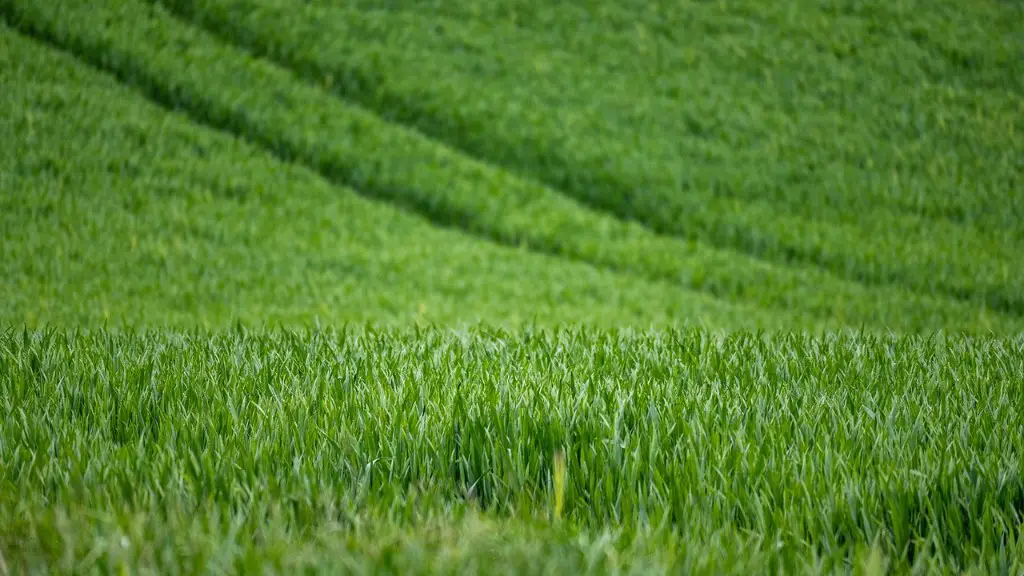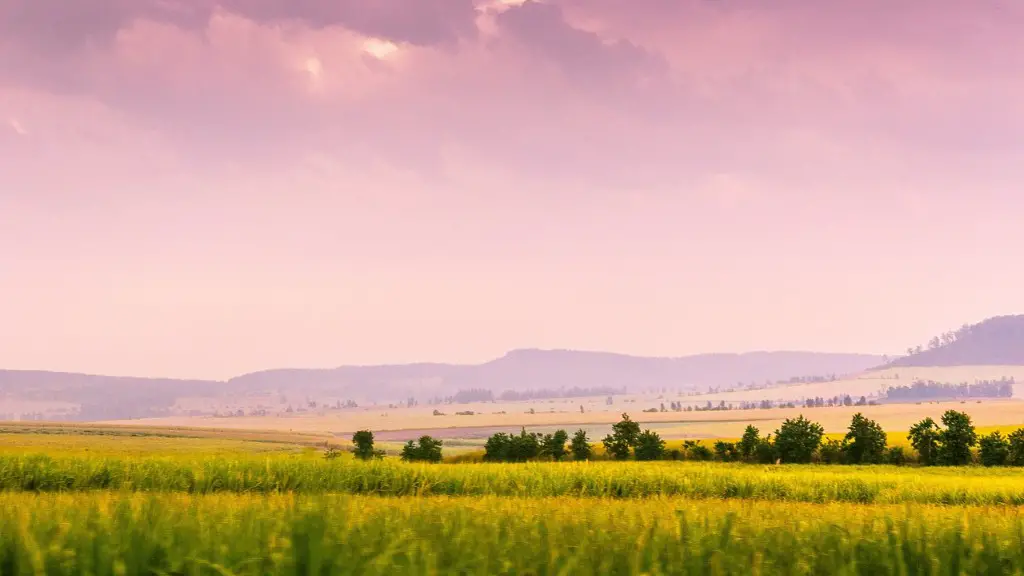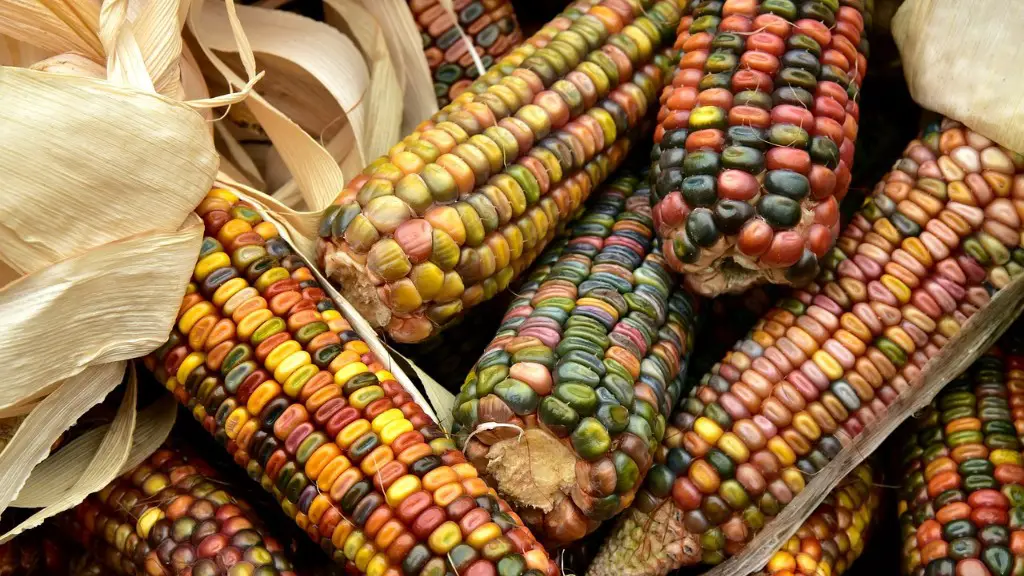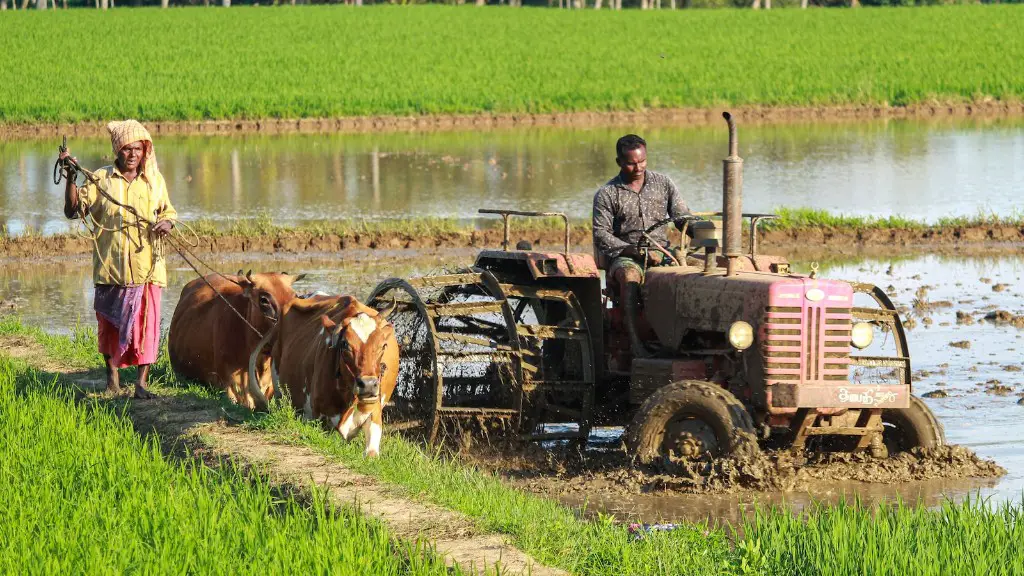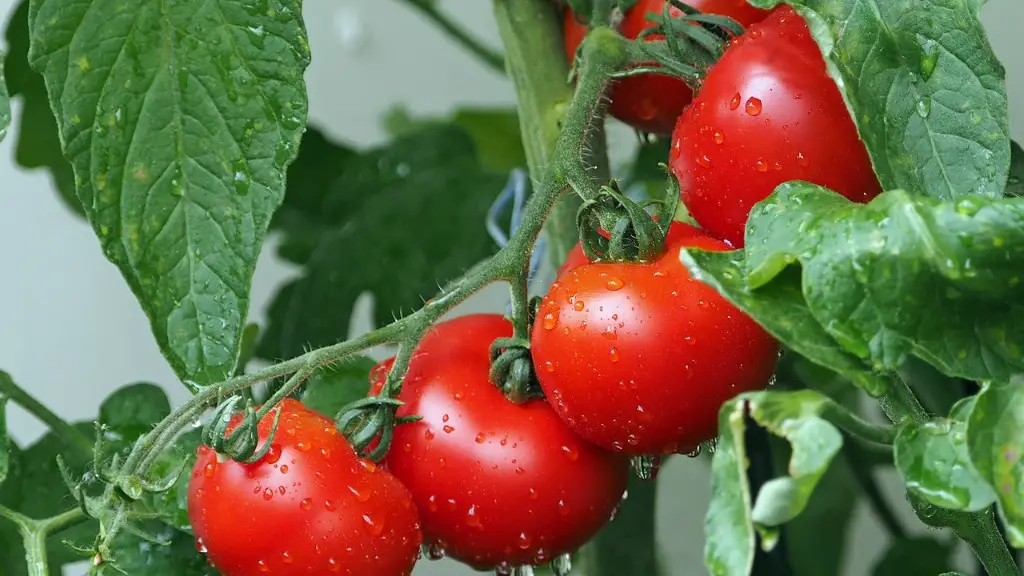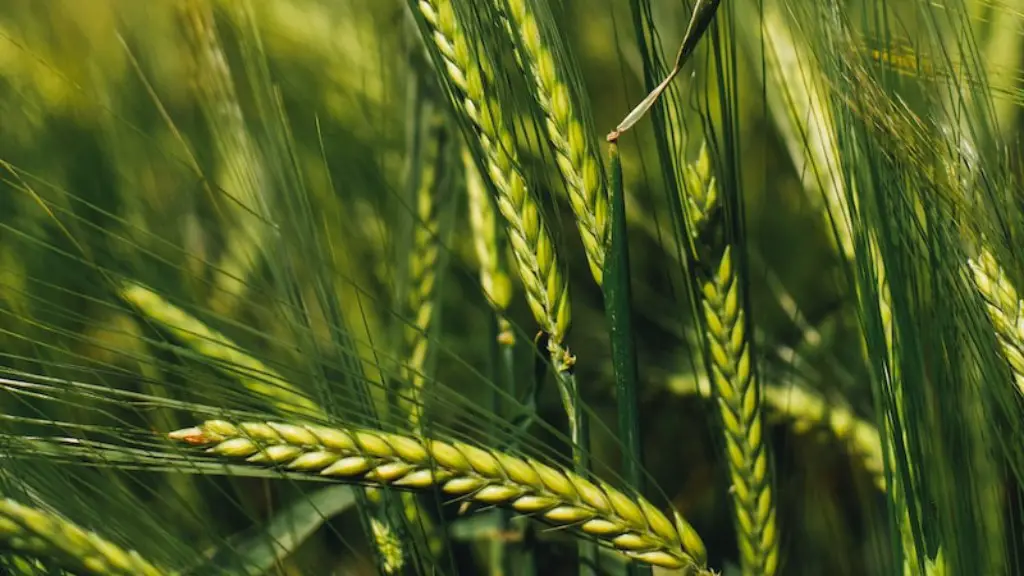For centuries, agriculture has been the backbone of human civilization. It has allowed us to settle down in one place, rather than constantly moving around in search of food. It has allowed us to build cities and create great works of art and literature. Without agriculture, we would not be the civilization that we are today.
However, some people believe that agriculture was a mistake. They believe that it led to the rise of civilization, which has led to many of the world’s problems today. They believe that if we had never started farming, we would be living in a more peaceful, simplistic world.
No, agriculture was not a mistake. Agriculture allowed for the domestication of plants and animals, which led to the development of civilizations. Agriculture allowed for the growth of cities and the establishment of trade routes. Agriculture allowed for the development of technologies and the raising of crops. Agriculture allowed for the growth of populations and the rise of empires.
Was agriculture the biggest mistake in human history?
It is believed by many archaeologists that the rise of farming was a crucial turning point in human history, and one at which we made a major mistake.
Forced to choose between limiting population growth or trying to increase food production, we chose the latter option and ended up with disastrous consequences. Starvation, warfare, and tyranny became commonplace, and our once-promising civilization took a major step backwards.
It is important to learn from our mistakes, and to make sure that we do not repeat them in the future. Hopefully, by understanding the reasons behind the rise of farming, we can avoid making the same mistakes and create a better future for all.
Agriculture is the leading source of pollution in many countries. Pesticides, fertilizers and other toxic farm chemicals can poison fresh water, marine ecosystems, air and soil. They also can remain in the environment for generations.
In order to protect the environment, it is important to reduce the use of toxic chemicals in agriculture. This can be done by using more environmentally friendly methods such as organic farming.
Did agriculture make life better
The ability to farm and produce food is what allowed early humans to settle down and develop villages, towns, and eventually even cities. This increase in population is closely connected to the rise of settled societies.
In this article, Professor Jared Diamond argues that the adoption of agriculture was not a progressive step for human beings, but actually the worst mistake in the history of the human race. He challenges the received wisdom that agriculture was a positive development for humanity, and argues that it has led to many of the problems we face today, including environmental degradation, obesity, and disease.
Why did humans get shorter after agriculture?
Hunting and foraging for food is a very strenuous activity that requires a lot of energy and effort. Over time, humans who relied on this method of food gathering began to lose inches in height, likely due to malnourishment. This is because they were not getting the proper nutrients and calories that they needed to sustain their growth. When humans switched to farming, they were able to get more of the nutrients and calories that they needed, and as a result, they began to grow taller.
It is clear that agriculture has had a profound impact on human history. Not only has it led to the development of civilizations, but it has also resulted in some of the most significant problems that we face today. From inequality and poverty, to war and climate change, it is clear that agriculture has had a profound impact on the world.
Was farming a good idea?
Farming allowed humans to produce far more food than they could through hunting and gathering, leading to population growth. The ability to store surplus food meant that not everyone had to farm to feed themselves and their family, allowing for the development of job specialization.
Setting the table to address the triple challenge refers to the need to address the three main challenges facing the world today in a sustainable manner. These challenges are feeding a growing population, providing a livelihood for farmers, and protecting the environment. Each of these issues is interconnected, and any progress made in one area will likely have an impact on the others. For example, increasing food production to feed a growing population will put pressure on the environment, and protecting the environment may make it more difficult to produce enough food. Therefore, it is essential to consider all of these issues when developing any plans or strategies to address the challenges facing the world today.
What were two negatives of farming
Drought, flooding, and other disasters can pose a serious risk to farmers who rely heavily on one crop. Crop price crashes and pest infestations can also be devastating to farmers. Using a diversified approach to farming can help reduce the risk of crop failure and financial ruin.
The Agricultural Revolution was a time period when humans began to domesticated plants and animals, which led to the development of civilizations. This time period is thought to have begun about 12,000 years ago and changed humanity forever. Agriculture allowed for the growth of cities and the rise of civilizations. It also led to the development of new technologies and the spread of new ideas.
Can humans live without agricultural?
Sustainable agriculture is the practice of farming in a way that protects the environment and maintains the fertility of the land. This type of agriculture includes methods such as crop rotation, cover crops, and the use of organic fertilizers.
Climate-smart agriculture is a type of agriculture that helps farmers adapt to the changing climate. This includes using seeds that are tolerant to extreme weather conditions, using irrigation systems that conserve water, and using farm management practices that reduce greenhouse gas emissions.
Modern genetics is the study of the genetic make-up of organisms. This can be used to develop crops that are resistant to disease and pests, as well as to develop new varieties of crops that are more nutritious.
Improved farming methods are constantly being developed in order to increase crop yields and reduce the amount of labor required. This includes the use of machinery, the development of new irrigation systems, and the use of pesticides and herbicides.
Agriculture is essential for the development of any society. It is the foundation of civilization and any stable economy. Without agriculture, it is not possible to have a city, stock market, banks, university, church or army. Agriculture provides the Raw materials for industry, food for the people and animals, and jobs for the farmers. It is the backbone of the economy and the main source of income for many countries. agricultural sector provides employment for about 60% of the world’s workforce. It is the largest source of livelihood for the majority of the world’s population. In developing countries, agriculture accounts for about 50% of the GDP.
When was the worst time to live in human history
In 536, a volcanic eruption in Iceland emitted so much ash that it blanketed Europe, Asia and North Africa, resulting in a prolonged period of cold and darkness. This led to crop failures and famine, and many people died from exposure to the elements.
The report by Kohler indicates that there is a positive correlation between inequality and the advent of agriculture. When people started to grow crops and settle down in cities, those who were already wealthy tended to become even richer in comparison to the poor. This finding has implications for understanding the origins of inequality and could help to inform policies aimed at reducing it.
When was the human race closest to extinction?
It’s amazing to think about how close humans were to extinction just one million years ago. New genetic findings suggest that early humans living at that time were extremely close to being wiped out. It’s a sobering thought to consider how close we came to not being here at all. Thankfully, we’ve come a long way since then and we’re now one of the most successful species on the planet. But we must never forget how vulnerable we are and how important it is to protect all life on Earth.
Hunter-gatherer cultures have existed for millennia and continue to exist in parts of the world today. For these cultures, foraging or hunting food from their environment is the primary means of subsistence. This mode of subsistence often leads to a nomadic lifestyle, as hunter-gatherer cultures must move to follow the food sources. This was the only way of life for humans until the emergence of agriculture, which is thought to have occurred around 12,000 years ago.
Final Words
There is no right or wrong answer to this question as it is opinions based. Some people may believe that agriculture was a mistake as it led to over-population and depletion of resources while others may believe that it was a necessary step in human evolution.
No, agriculture was not a mistake. It allowed for the domestication of plants and animals, which led to the development of civilizations. Agriculture allowed for the growth of cities and the rise of trade and commerce. Agriculture allowed for the growth of food surpluses, which allowed for the development of art and science. agriculture allowed for the growth of civilizations.
